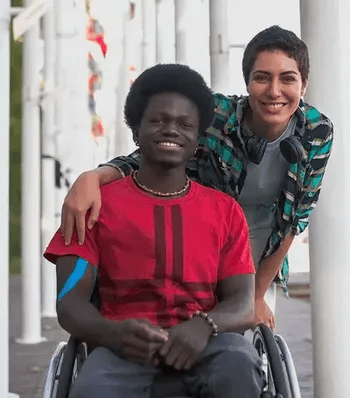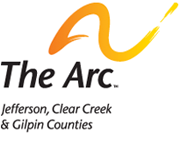Intersectionality and The Arc

What is intersectionality?
Intersectionality is a theory developed by law professor, civil rights advocate and philosopher, Kimberlé Crenshaw. In her 1991 article “Mapping the Margins,” she explained how people who are “both women and people of color” are marginalized by “discourses that are shaped to respond to one [identity] or the other,” rather than both. Intersectionality involves people's overlapping identities and experiences and how those affect the prejudices they face.
Why is it important?
Intersectionality is important for people with intellectual and developmental disabilities (I/DD), and for The Arc, because many people with I/DD fall into other minority categories, as well, related to race, gender, sexual orientation, etc. When trying to promote and protect someone's rights, and when trying to understand that individual's experiences, it's necessary to consider the many aspects of that person and how those intersect, not just whether the person has a disability or not. The Arc is committed to understanding how intersectionality affects the people we serve.
You might ask why The Arc, a disability organization, should be speaking out about race. Disability rights and racial equity are inextricably intertwined. Consider these examples:
- Labor force participation is lower for Black people with disabilities (17.7%) compared to those who are white (21%)
- Black children with disabilities lose more days of instruction from school suspension (121 days/100 students), compared to white students with disabilities (43 days/100 students)
- 25% of Black students with disabilities never graduate high school, compared to 16% of non-Hispanic white students
- The cumulative probability of arrest by age 28 is 55.17 for Black individuals with disabilities, compared to 39.7 for white individuals with disabilities
These are only a few of the racial disparities that exist in the disability community. It's time to reflect, as well, on what more we can and should be doing. Standing up in support of people's rights, and against hate and discrimination in its many different forms, is part of what disability rights is all about.


